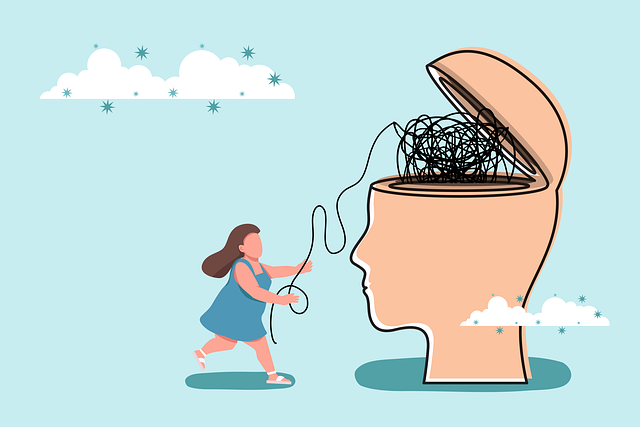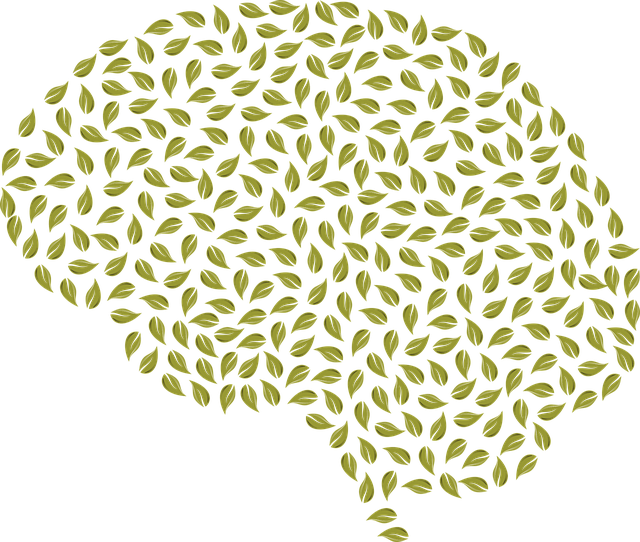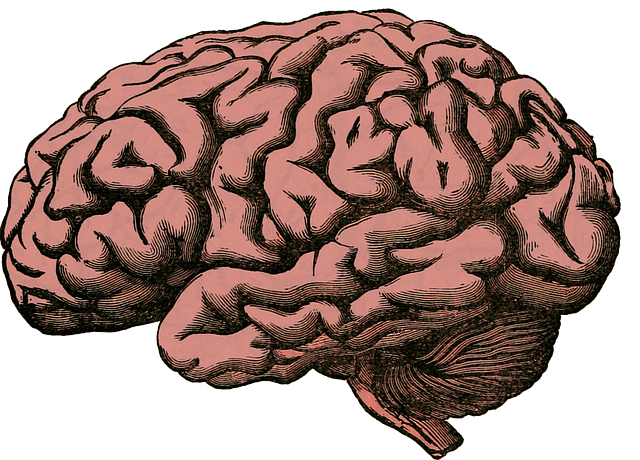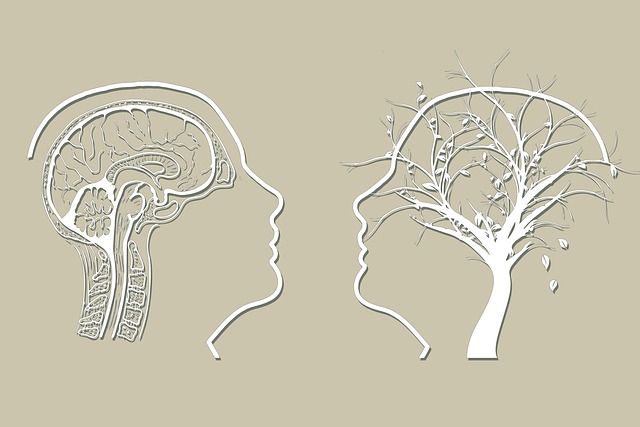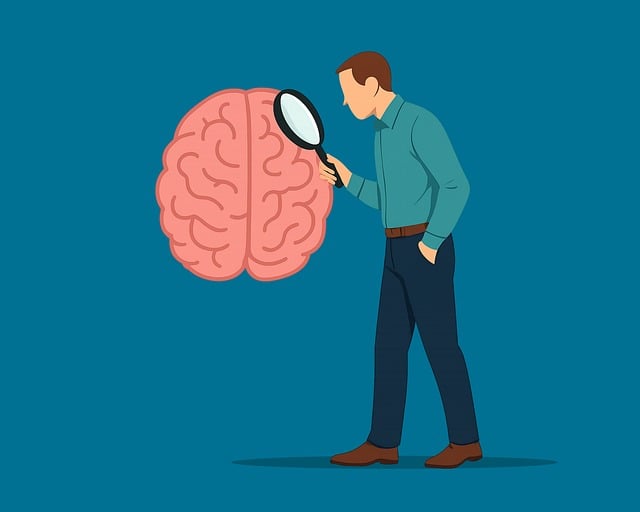Colorado Springs offers Cognitive Processing Therapy (CPT), a structured approach to trauma healing. Therapists collaborate with clients to challenge negative thought patterns and improve emotional well-being through deep memory exploration. CPT facilitates supportive group sessions, peer support, cognitive restructuring, conflict resolution skills, and community building for enhanced mental wellness. Facilitators use active listening and open dialogue in a safe space to foster trust and self-esteem improvement. The inclusive environment personalizes approaches to local mental health challenges, cultivating resilience through shared experiences and coping strategies.
Mental wellness group facilitation is an effective approach to enhancing cognitive processing, especially in vibrant communities like Colorado Springs. This article explores the art of guiding groups through therapy, focusing on the Colorado Springs Cognitive Processing Therapy (CPT) framework. We’ll delve into strategies for facilitating engaging sessions, fostering open communication, and cultivating therapeutic environments that support mental well-being. Discover how these techniques can revolutionize group dynamics and enhance CPT outcomes in Colorado Springs and beyond.
- Understanding Colorado Springs Cognitive Processing Therapy (CPT)
- Facilitating Group Sessions for Mental Wellness
- Effective Communication and Engagement Strategies
- Creating a Supportive and Therapeutic Environment
Understanding Colorado Springs Cognitive Processing Therapy (CPT)

Colorado Springs Cognitive Processing Therapy (CPT) is a structured and goal-oriented approach designed to help individuals process and overcome traumatic experiences. This therapy technique focuses on modifying negative thought patterns, beliefs, and behaviors that often arise from past traumas, thereby promoting emotional well-being and self-esteem improvement. CPT facilitates a deep exploration of memories and associated emotions, allowing clients to reframe their perceptions and develop healthier coping strategies.
The Colorado Springs CBT model encourages active participation and collaboration between the therapist and the client. Through various techniques, individuals are guided to challenge their distorted beliefs, replace them with more adaptive thoughts, and change behaviors that might be hindering their recovery. This therapeutic process is instrumental in providing trauma support services, offering a path towards healing and enhanced mental wellness for those who have experienced traumatic events.
Facilitating Group Sessions for Mental Wellness

In facilitating group sessions for mental wellness in Colorado Springs, therapists employing Cognitive Processing Therapy (CPT) can create a supportive environment that enhances recovery and well-being. The therapeutic space encourages peer support and shared experiences, allowing individuals to express their feelings and gain new perspectives on challenging situations. Through dynamic discussions, participants engage in cognitive restructuring, reframing negative thought patterns into more adaptive ones—a key component of CPT.
Conflict resolution techniques are intricately woven into these group sessions, enabling members to navigate interpersonal challenges effectively while fostering a sense of belonging. By integrating Mind Over Matter principles, facilitators guide the group in understanding the connection between thoughts, emotions, and behaviors, empowering them to take ownership of their mental health journey. This holistic approach, combined with well-designed mental health education programs, ensures that participants not only gain valuable coping strategies but also develop a deeper sense of community and resilience.
Effective Communication and Engagement Strategies

In facilitating mental wellness groups in Colorado Springs Cognitive Processing Therapy (CPT) techniques play a pivotal role in fostering effective communication and engagement. CPT encourages participants to explore their thoughts, emotions, and behaviors, creating a safe space for open dialogue. Facilitators should employ active listening skills, paraphrasing, and summarizing to ensure everyone’s voices are heard and understood. This promotes a sense of belonging and trust among group members, which is essential for building a supportive environment.
Self-esteem improvement often surfaces in these discussions as individuals share their experiences and challenges. Encouraging positive thinking and self-care routine development for better mental health becomes more accessible when facilitators model and guide participants through coping strategies. By creating an inclusive atmosphere, group members can learn from one another, gain valuable insights, and develop a deeper understanding of their mental wellness journey, ultimately enhancing the overall therapeutic experience in Colorado Springs.
Creating a Supportive and Therapeutic Environment

In facilitating mental wellness groups in Colorado Springs, fostering a supportive and therapeutic environment is paramount. This begins with creating a safe space where participants feel comfortable sharing their experiences without fear of judgment. Utilizing evidence-based practices like Cognitive Processing Therapy (CPT), facilitators can help individuals process traumatic memories and negative thought patterns, leading to improved emotional healing processes. A well-structured group setting encourages open dialogue, peer support, and the exchange of coping strategies, enhancing resilience building among members.
The Community Outreach Program Implementation plays a crucial role in establishing this environment by ensuring diverse and inclusive participation. By reaching out to different communities, facilitators can tailor their approaches to address specific mental health challenges prevalent in Colorado Springs. This personalized approach not only strengthens the therapeutic impact but also fosters a sense of belonging among group members, contributing to their overall well-being.
Colorado Springs Cognitive Processing Therapy (CPT) offers a powerful framework for group facilitation, prioritizing therapeutic environments and effective communication. By understanding CPT principles, facilitators can create safe spaces that foster mental wellness, enhancing participants’ ability to process and overcome challenges. Facilitating group sessions with these techniques not only supports individual growth but also contributes to a vibrant tapestry of collective healing.
